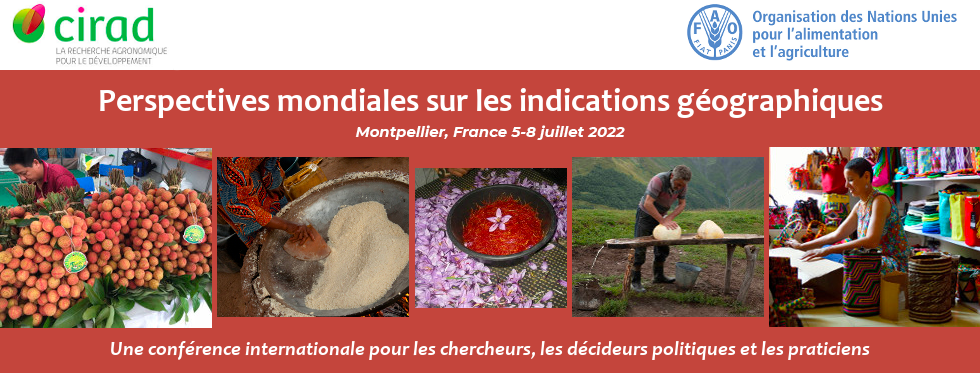The perspective of sustainable healthy diet that guides this paper builds on the holistic view of diet, health and wellbeing and involves “dietary patterns that have low environmental pressure and impact; are accessible, affordable, safe and equitable; and are culturally acceptable (FAO-WHO, 2019)”. Sustainable consumption, which is also a concept opening towards a wider dialogue, combines social, cultural, environmental and economic aspects.
In this paper we propose a closer look at “all dimensions” of individuals' health and wellbeing and sustainable consumption, including GIs, through the prism of everyday eating. Based on results from a qualitative consumer study done in the Strength2Food project (EU project from the H2020 program aiming at Strengthening European Food Chain Sustainability by Quality and Procurement Policy), we will present thoughts around GIs, health and sustainability. We and our colleagues* from seven countries did fieldwork among 40 families across these countries to get a better understanding of GIs as part of everyday food practices. In contrast to consumer research on attitudes and perceptions the main material in this paper comes from ethnographic fieldwork and thus focuses on food practices and words in the context of everyday consumption – focusing on at least four complementary phases : planning, purchasing, using (including cooking, eating as well as cleaning) and at last disposal. One of the main findings of this study was that consumers knew very little about GIs and they seldom associated them to sustainability and health.
The lack of knowledge and interest for GIs linked to health among the consumers inspired us to take a here closer look at GIs and traditional food in everyday food practices through a theoretical approach called “a cultural adaptation work” (Hegnes 2013).
Eventually we will consider how to promote GIs and health and reflect upon possible contribution of GI products (traditional products in general) to healthy diets.
* The work has been carried out as part of the S2F project funded by the European Union's Horizon 2020 research and innovation programme. Methods and analytical tools were developed together by the three authors and the “task 8-2 team” in an interactive and constant dialogue with our European partners in the ethnographic task. We would like to thank all our “8-2” partners for their enthusiasm and serious participation in both preparing and performing the fieldwork and, last but not least, the analysis and discussion of results following the fieldwork: Vilde Haugrønning in Norway; M. Duboys de Labarre and P. Wavresky in France; K. Meyer and J. Simons in Germany; Á. Török and P. Csillag in Hungary; B. Biasini, M. La Spina, F. Arfini and D. Menozzi in Italy; J. Filipović, G. Ognjanov, S. Veljković and V. Kuč in Serbia; and Barbara Tocco in UK.



